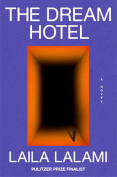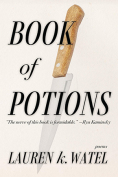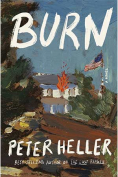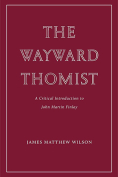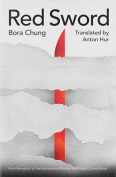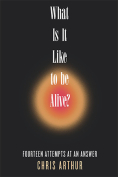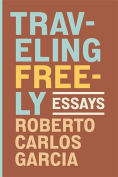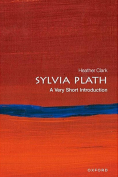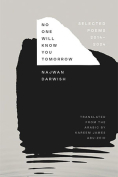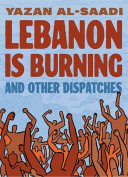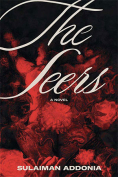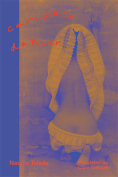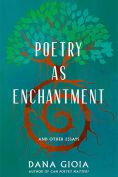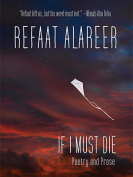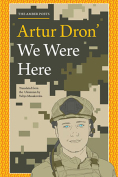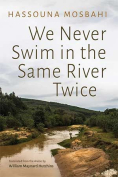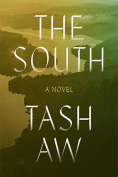Burn by Peter Heller
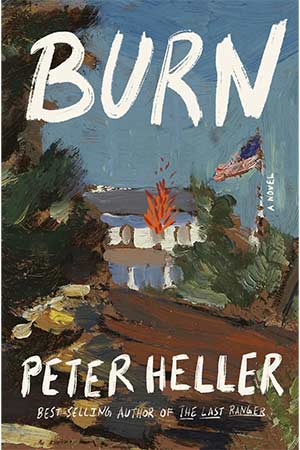
New York. Knopf. 2024. 291 pages.
Peter Heller’s Burn follows Jess and Storey, longtime friends and outdoorsmen who emerge, like Rip Van Winkle, from an annual hunting trip in Maine to find the world radically changed. Months of far-right “secession mania” rhetoric has ignited martial violence. As the duo journeys on foot to the coast, they discover bombed-out towns, reluctantly engage with terrifying armed men, and learn via radio of devastating fighting in New England between US military units and militias.
Literarily, the novel recalls both Heller’s own 2019 novel The River and Cormac McCarthy’s The Road (2006) (Jess and Storey push a cart through apocalyptic landscapes; they rescue a young girl, who becomes one of the novel’s few finely drawn characters). Historically, the novel gestures obliquely at two real American secession movements rooted in the inland northeast: the Second Vermont Republic movement, founded in 2003, and perennial campaigns in New Hampshire that advocate for leaving the union. These are fringe movements, ineffective and not taken seriously. Heller’s secessionists are far more successful. They blow up a dam, causing floods that wipe out two battalions of US Marines; unlawfully requisition military weapons, vehicles, and aircraft; and ultimately command large quantities of territory. At its core, Burn is a sober warning about the dire consequences of political division.
Heller, a Brooklyn native who attended Dartmouth College in rural New Hampshire and has lived most of his life in Colorado, is at his finest in Burn in his descriptions of American wilderness. The north woods of Maine, New Hampshire, and Vermont are a peculiar kind of frontier. They are deep and perilous, full of wild animals and, in Burn, wilder people. Yet every point in this rugged expanse of mountains and river valleys is only a few hours’ drive from the northernmost cities of the East Coast megalopolis: Boston, Portland, Burlington. This is perhaps the most compelling aspect of Burn: that Heller’s dystopian story of twenty-first-century American civil war takes place not in deep-red cowboy country but in the wooded backyard of the liberal Northeast. Recall Maine’s official state slogan, featured on license plates since 1936: “Vacationland.” The novel is strikingly effective at unsettling the false sense presumably enjoyed by many residents of New England that violent right-wing belligerents are geographically elsewhere.
But while the setting is vivid and the central tensions compelling, both Jess and Storey often feel less than fully realized. Jess is a well-worn archetype—the troubled, flawed hero seeking redemption—but Heller doesn’t take full advantage of the opportunity to delve deeply into his psychological complexity. Jess’s internal struggles are clearly outlined, but his growth throughout the novel is shallow. His personal history, which shapes much of his actions, is explored but never quite reaches the level of nuance.
The pacing of Burn also presents a challenge. At its best, the novel builds tension masterfully, particularly in scenes that depict Jess and Storey’s encounters with nature or roving militias. These moments pulse with urgency, and Heller excels in drawing readers into the immediacy of danger. The narrative stumbles, however, in its quieter, more introspective moments, where flashbacks or philosophical meditation feel excessive or misplaced. The story slows down when the focus shifts too much to internal monologues at the expense of the action and urgency of the plot. The narrative variously sputters and accelerates, leaving readers wishing for a smoother ride.
All told, Burn is buoyed by its exceptional images of sociopolitical implosion, the realism and urgency of which readers will contemplate long after they finish the novel.
Peter Krause
Princeton University




